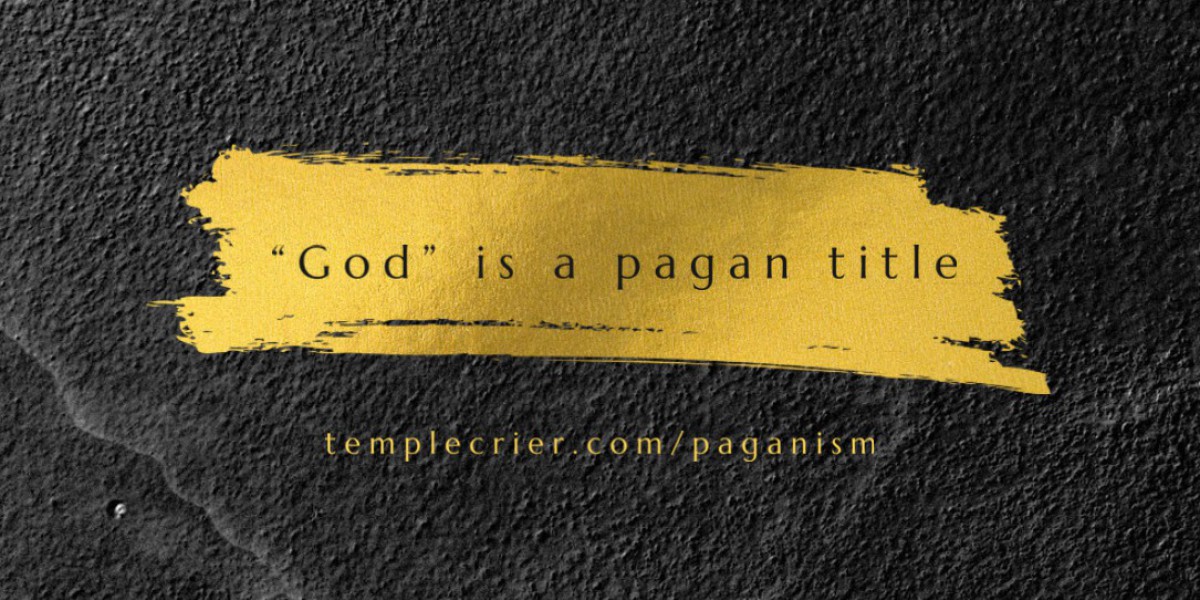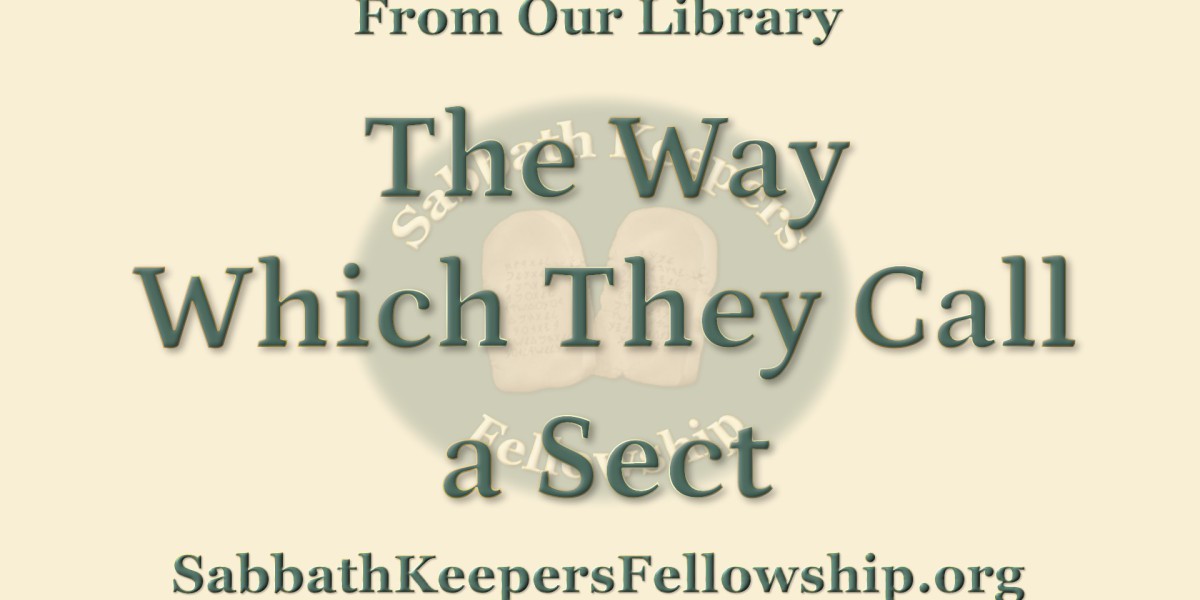Christian History is the story of the Church borrowing, co-opting and purloining all things of the pagans and pawning them all off as her own.
Sure there’s some truth to her tale too of good triumphing over evil, particularly the part where our Heavenly Father sends His ‘Son’ to die for our sins. But all the rest of the details were introduced over the ages as the heathen came to believe.
And why wouldn’t they? Some were threatened. Others were coerced. And of the rest? Well, it’s easy to believe the foreign religion when all its tenets and terms are already changed to reflect your own.
Even the understanding of the central truth that the Father sent His ‘Son’ to die for our sins is a fact that is twisted to better accommodate the lost ones looking for a new home or elsewise being forced out of their old one.
The Father and the Son are seen as part of this mystical trinitarian entity that is strange and unexplainable, and sins are said to be whatever things the church deems to be bad. And what that happens to be changes with the ages.
Whether it was the Romans or the Greeks or later the Anglo-Saxons, Christianity stomped out everything they could of the heathen ways and altered their own message on the rest to fit with the understanding of those converting.
In other words, the church in every form and and in every age is evolving and adapting and changing in chameleon-like fashion to better convince or force as many people as possible to offer their allegiance to this religion instead of their old one.
Signs, symbols, gestures, traditions, customs, cultural tropes, superstitions, and even words are adopted and repurposed to lure in the lost or make them more at home when they arrive on their own.
One of the most diabolical and deadly is God.
What? We didn’t adopt God! Are you some sorta atheist?!
How deep this damnable title has sunk into our psyche that we equate it with the Creator automatically when hearing it and never consider it a matter of improper grammar.
Why are we trained in the west to call our Creator by the term “God”? The Bible is a Hebrew book that tells us that the “Elohim” made all that exists in six literal days and rested on the seventh? Why then does the church insist that this was the act of an entity called “God?”
Silly! God is just an English translation of Elohim; and we speak English so we say God!
You sure about that?…have you ever checked? No. You have not…or you would say such nonsense.
Especially nowadays with all possible knowledge available in the palm of your hand and a few quick searches away, we are without excuse not to question, not to investigate, not to examine the available evidence and challenge our long held assumptions.
Indeed, we speak English here in the west, but we also know that our Christian history which gave us our terminology has played fast and loose with language, ours being no exception.
It has been one of her oldest habits to approach a pagan culture, select words that people find familiar, make a version of the Biblical narrative with those words inserted therein, and label it a translation.
But is it a translation? Or is it an adaptation?
A translation is intended to convey the message from one language to the people of a different language.
That’s not what happened however.
In the case of our English Christian versions, what happened was not the use of the English language to relate to the English people the Hebrew message of the Hebrew Bible.
What was made was not the transference of Hebraic concepts to English minds. Instead, English was adopted not only as a language but as a thought process, a perspective and a world view. The Hebrew Bible was interpreted and indeed interpolated into English
In other words, the English Bible was not telling a Hebrew story to English people using English language, but rather the opposite.
It was telling the English people
the Hebrew story as if that story were an English story all along.
There was little to no regard if what was being taught was accurate, if the terms were reflective of the same concepts or if they were etymologically related in any way, if they inferred what was supposed to be understood or not.
No. Conformity was the goal, and considering their wicked work persists the world over to this very day, they did not fail in their aims.
“God” was one such major adoption from old pagan Britain. The pre-Christian English called most everything they worshipped by the designation of “god”. And anything they found spiritual or ethereal. Even giants and elves and spirits they called gods. Many worshiped natural elements or the entities they believed lived within them, in mountains, trees, rivers, lakes, ponds, and springs. One and all called gods.
Naturally this was the easy way to translate the biblical Elohim, right?
After all, “god” is a term used for what these people worship already so why not merely make it singular and assume it’s all the same thing…but why would it be?
The Christian missionaries would have otherwise had to transliterate Elohim into English or translate it as Mighty One, Force, Power, Majesty, or something of the like. And that would have been right and responsible, but harder to explain to the English people.
It would have been alien to their minds and foreign to their thoughts. Far far easier it was to simply take their existing evil and make it singular. Eventually distinguishing God from god by a beginning capital letter.
Don’t tell the people that what they were worshipping was wrong all together through and through, but only that they had the number wrong.
And that is why you call your Creator by the pagan title of God to this day. Not because it’s a translation of Elohim. Not because it is true. Not because you should, but simply because it’s what you are used too.
You call your Creator by the false moniker of “God” instead of His proper connotation of Elohim or an appropriate English translation such as Mighty One or Majesty merely because “God” was so deeply ingrained in British culture and religious tradition that no one was every willing to let it go and leave it behind.
Are you willing to let it go? Are you willing to leave it behind?
How much do you value accuracy? How badly do you crave the truth?
Yes, we speak English here in the west, but we are not speaking about an English Being, are we?
And when we are speaking English, are we using words that actually say what we are intending or simply what has been traditionally accepted without question?
Second Guess First Assumptions
Question Everything
Get Biblical






